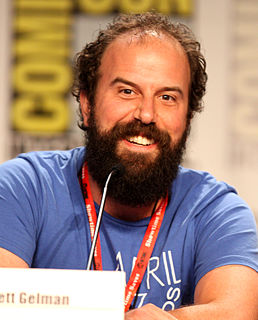A Quote by Robert Greene
Things like reading a book or learning a language, or taking a walk - they're not stimulating. Your mind has to sort of learn how to deal with that kind of stimulation on its own. So that's a very important form of adversity.
Related Quotes
I think the most important work that is going on has to do with the search for very general and abstract features of what is sometimes called universal grammar: general properties of language that reflect a kind of biological necessity rather than logical necessity; that is, properties of language that are not logically necessary for such a system but which are essential invariant properties of human language and are known without learning. We know these properties but we don't learn them. We simply use our knowledge of these properties as the basis for learning.
There's physical adversity, that if you are someone that likes exercise like I do, I exercise everyday. When you exercise, there's pain involved and so you're putting yourself through adversity in that situation. It's never totally pleasurable and there are moments where it's kind of boring or painful and you know that in doing that, you're making your mind and body tougher and more resilient. So must be able to deal with the boredom that happens in life.
The important thing is to be able to understand anyone who has something useful to say. - There is a general moral here. Be very careful and very clear about what you say. But do not be dogmatic about your own language. Be prepared to express any careful thought in the language your audience will understand. And be prepared to learn from someone who talks a language with which you are not familiar.






































